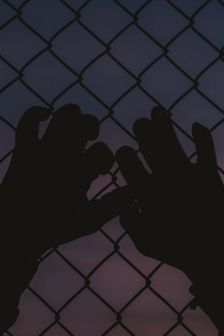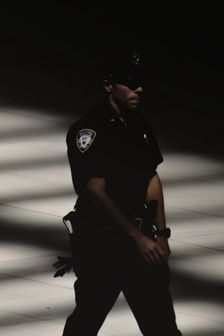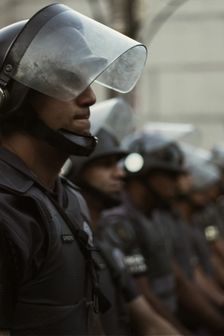Mayors & City Councils
Who’s the boss of your community? Get up to speed on who makes the rules in your city.
In this section, you'll dive into the roles and responsibilities of your mayor and city council. You'll also explore their relationship with the police force and learn how to determine their level of influence in stopping police violence.

THEY RUN YOUR TOWN
Typically a mayor or a city council runs your municipality. If they care about ending brutality they are perfectly positioned to act as change agents for their cities. Let’s take a simplified look at some of their duties.
Mayoral responsibilities
- Preparing the annual budget
- Making and implementing laws
- Appointing the chief of police (not always)
- Negotiating with police unions
- Instituting policies that create effective policing
City council responsibilities
- Reviewing and approving budgets
- Passing ordinances and resolutions
- Responding to constituent needs and complaints
- Overseeing the effectiveness of local programs
Strong vs. weak mayor
Not every mayor has the final say over their community. They’re divided into two categories: strong or weak. This isn’t about the characteristics of the person—it’s about how much administrative power they have the structure of your city. A strong mayor has executive power; this includes the ability to veto. In a weak mayor system, the city council has executive authority and holds ultimate veto power. The mayor is more of a figurehead.
It’s important to understand if you have a weak or strong mayor system in your city so you know your key decision maker. Otherwise you might end up trying to influence the wrong person. Minneapolis, for example, has a strong council/weak mayor system.
In some municipalities, you may have a city manager and/or an administrator. They run the city's daily operations and are the point person for policy implementation. They are typically appointed or dismissed by the mayor or city council.
How do they get into office?
In some cities, you can vote in a mayor. In other municipalities, they are selected by an elected governing council or board. City council members are usually elected by their constituents.
What’s their relationship with the police force?
Mayors are typically one of the first local officials held accountable by the public for a city’s policing approach. Mainly because they select the police chief (in a strong mayor system) and have a lot of local influence. They are responsible for everything from adjusting police budgets to applying pressure on the district attorney and police chief to hold officers that break the law accountable.
The current cry for accountability has created tense and fractured relationships between mayors and their local police departments across the country.
A lot of mayors fear the political power of police unions. New York Mayor Bill de Blasio has had a tortured relationship with the police, police unions, and his constituents over officer misconduct. Los Angeles Mayor Eric Garcetti also receives frequent criticism for the license he gives the Los Angeles Police Department. Unions typically paint mayors they don't support as soft on crime, which can have a significant impact on their chances for reelection.
Things are changing, though. Police unions are losing credibility with people due to ongoing brutality. That means there’s a window of opportunity to demand fair policing because politicians are now more motivated to act on our demands.


